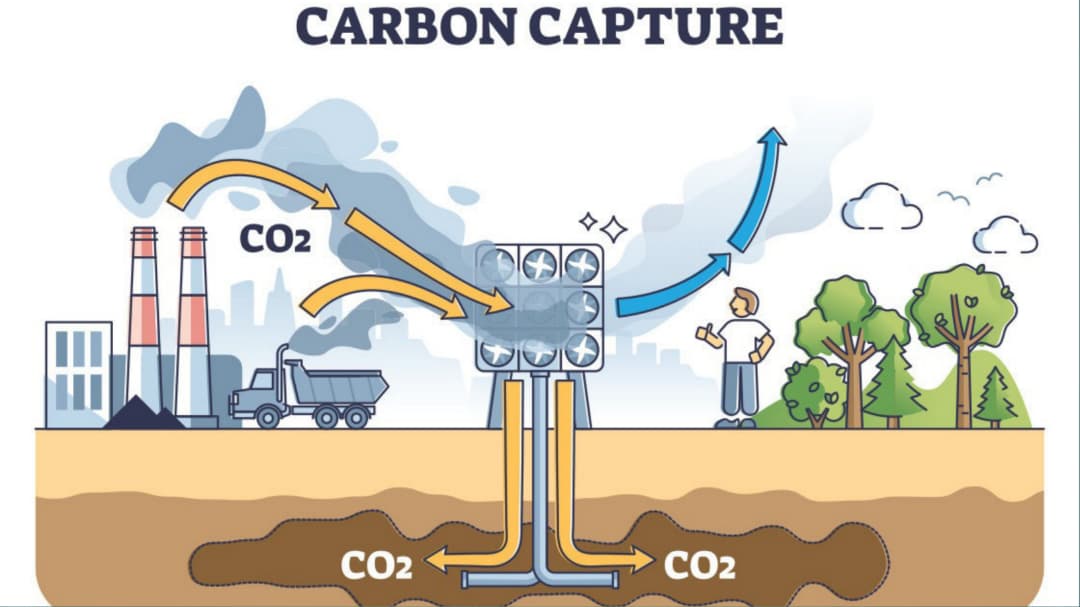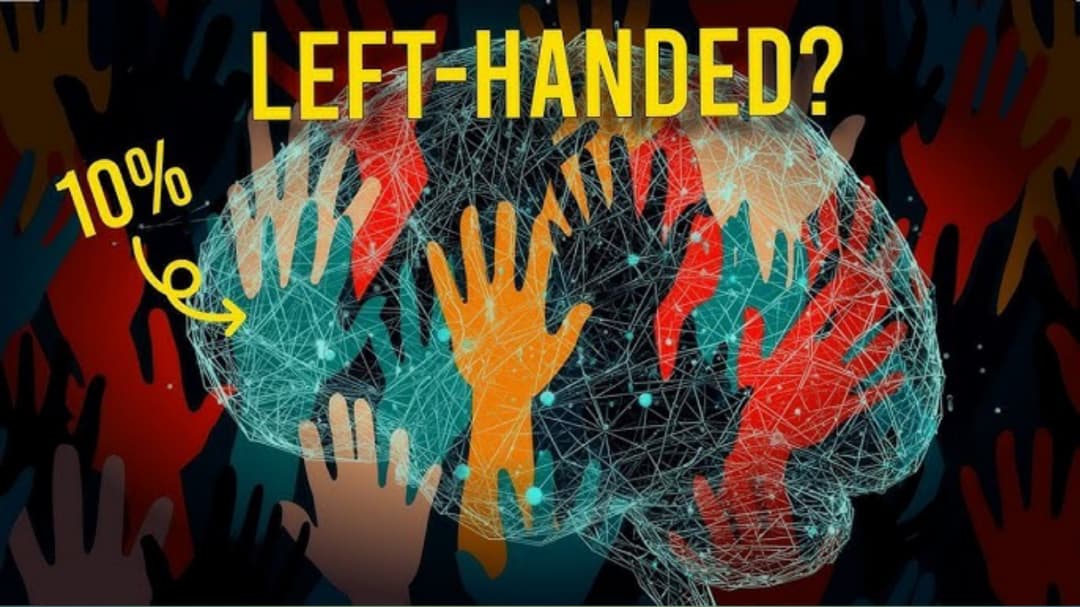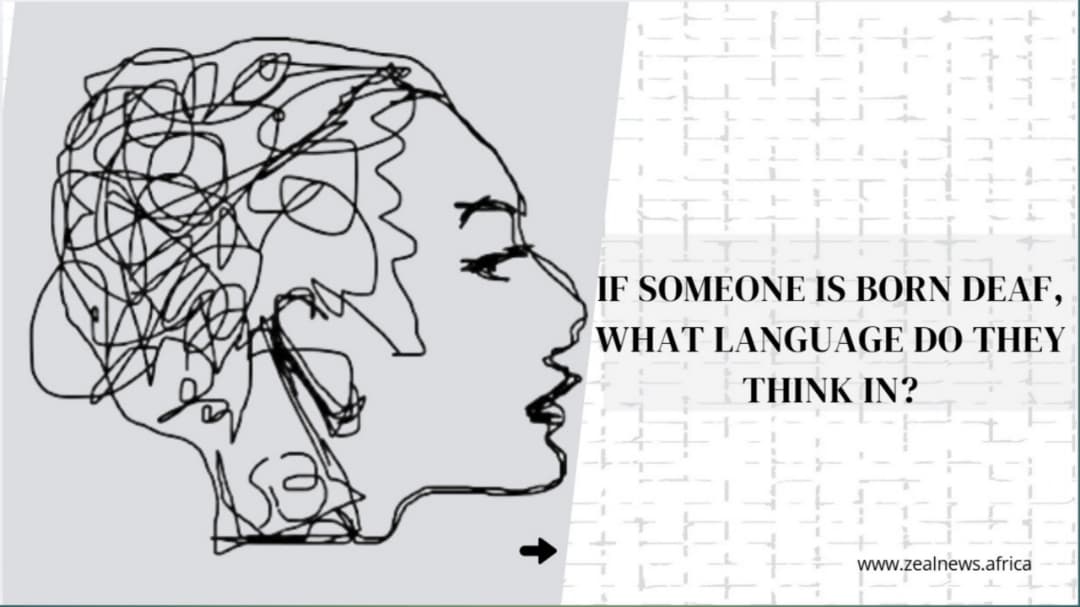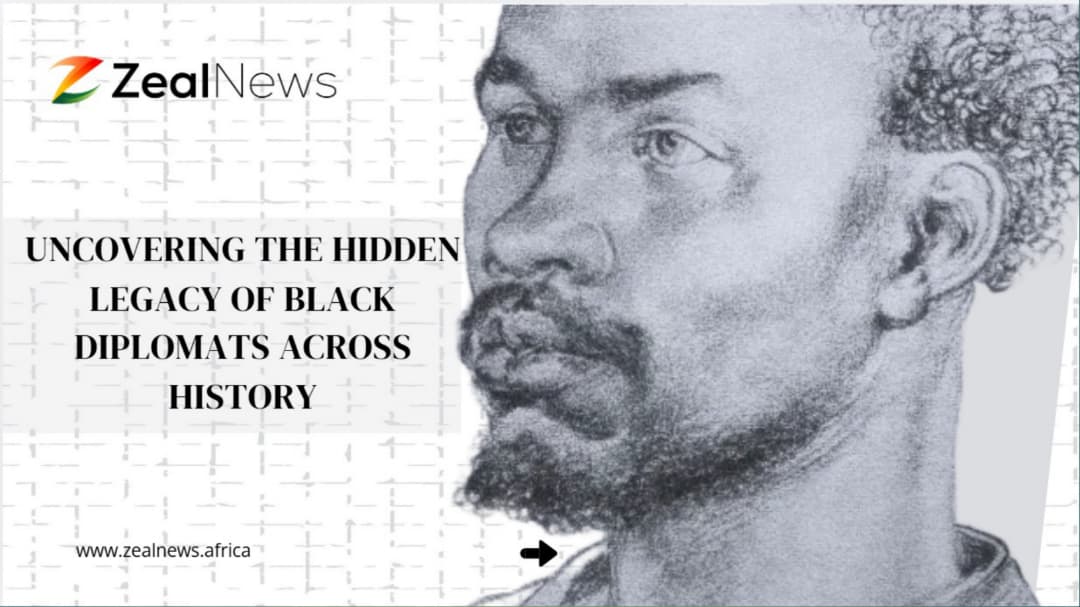Time Wealth: The Real Currency Everyone’s Now Chasing

For years, people chased money as the ultimate measure of success, promotions, side hustles, and pay raises defined the grind. But somewhere between burnout and the pandemic, a quiet revolution began. People started trading ambition for alignment, hustle for health, and long hours for longer weekends. In 2025, the richest people aren’t necessarily those with the most in their bank accounts, they are those who own their time.
The Era of Time Anxiety
Modern life has created what psychologists call “time anxiety”, the constant sense that we never have enough hours in a day. Despite productivity apps, smart calendars, and AI assistants, many professionals feel stretched thinner than ever. A study by the Harvard Business Review found that individuals who prioritize time over money report higher life satisfaction, better relationships, and improved well-being.
This isn’t just a mental health issue, it’s an economic one. The global wellness industry, valued at over $5.6 trillion according to the Global Wellness Institute, now markets rest, mindfulness, and balance as luxury goods. What used to be free; sleep, leisure, and peace is now something people are willing to pay for.
The idea of “time wealth” marks a cultural correction to the hustle culture that dominated the 2010s. During that era, success was synonymous with exhaustion. The narrative was simple: if you’re not constantly busy, you’re not valuable. But this worldview began to crumble as burnout became a badge of survival rather than honor.

Today’s professionals are redefining success. Millennials and Gen Z, in particular, are rejecting traditional career ladders in favor of flexibility, remote work, and purpose-driven roles. According to a recent report by LinkedIn, 74% of young professionals say they would leave a job that compromises their work-life balance, even if it pays more. The new aspiration isn’t just financial freedom, it’s temporal freedom.
In the age of remote work and AI-driven efficiency, time has become the new luxury good. While technology promised to make life easier, it often created an “always-on” culture where the line between work and rest disappeared. But now, the pendulum is swinging back.
Startups are experimenting with four-day workweeks, big corporations are embracing “no-meeting Fridays,” and creators are building passive income streams so they can log off earlier. Even Silicon Valley, once the global temple of hustle is beginning to talk about digital balance. The real status symbol is no longer a Tesla or a corner office, but the ability to take a slow morning without panic.
As The Economist recently noted, “time affluence” the perception of having enough time is now one of the most accurate predictors of happiness. That’s a quiet revolution in a world once obsessed with material markers of success.
Why Time Feels Scarce, Even When It’s Not
One of the paradoxes of modern life is that we technically have more free time than ever, thanks to automation and remote work. Yet, people still feel chronically busy. Sociologists suggest this is because our sense of time is emotional, not logical. When our days are fragmented by notifications, meetings, and micro-decisions, it creates what researchers call “time confetti” small fragments of distraction that make leisure feel impossible.
Technology companies have monetized attention, but the side effect is time poverty. Every scroll, ping, and update takes a tiny slice of our focus, leaving us feeling perpetually behind. True “time wealth,” then, isn’t just about free hours, it’s about reclaiming attention, the most finite resource we have.
From slow living movements to digital detoxes, a growing number of people are trying to reclaim pace. Across social media, creators are documenting lives centered around intention, cooking slowly, walking mindfully, or working only during daylight hours. The message is clear: slowing down is the new status symbol.
This trend isn’t about laziness, it’s about value alignment. People are asking hard questions: What’s the point of earning more if you never have time to enjoy it? Why chase productivity when presence feels richer? A World Economic Forum insight calls this shift “a human revaluation,” where well-being replaces output as the metric of success.
Time Wealth and Health Wealth

For the wealthy, time wealth often means outsourcing tasks like hiring virtual assistants, using concierge services, or relying on delivery platforms to gain back minutes. But for most people, time wealth comes from redesigning priorities.
A growing number of professionals are trading higher salaries for autonomy, choosing smaller companies, freelance work, or entrepreneurship to dictate their own schedules. The pandemic proved that flexibility can be more valuable than money. And as more employers recognize this, flexibility is becoming currency in itself.
Social Insight
Navigate the Rhythms of African Communities
Bold Conversations. Real Impact. True Narratives.
According to McKinsey & Company, companies that offer flexible work arrangements see a 55% improvement in employee retention and satisfaction. Time, it turns out, is the best retention tool of all.
There’s also a biological side to this conversation. Chronic stress from overwork has been linked to cardiovascular issues, insomnia, and cognitive decline. Conversely, people who perceive themselves as having control over their schedules experience lower cortisol levels and better immunity.
“Rest is not a reward,” says Dr. Aric Prather of the University of California, San Francisco, who studies the connection between sleep and health. “It’s a biological necessity.” The simple act of reclaiming time, sleeping well, eating slowly, walking regularly may be the most profound form of self-care.
The modern economy is learning to monetize time wealth. From coworking spaces that double as rest zones to subscription services for mindfulness and journaling, the business of balance is booming. Even social media has noticed the shift: hashtags like #TimeAffluence, #SoftLife, and #IntentionalLiving attract millions of posts each month.
But perhaps the irony is this: people are spending money to feel less hurried. The soft life economy, popular across Africa and the diaspora, celebrates leisure as success, a radical response to decades of overwork. In this cultural moment, rest has become rebellion.
Across cultures, a quiet but global awakening is happening. Scandinavian countries measure productivity not by hours worked but by happiness indices. Japan’s “Work Style Reform” policies are reducing overtime. Even in Africa, a continent known for resilience and creativity, more young people are leaving big cities to build slower, purpose-driven lives.
Time wealth, in this context, isn’t about quitting ambition, it’s about understanding what it really is. The future of success might not be about earning more but about feeling enough.
How to Build Your Own Time Wealth
Time wealth doesn’t appear magically; it’s built like any form of wealth through deliberate choices. Psychologists suggest three practical steps:
Audit your time like money. Track how your days are spent and notice leaks like excessive scrolling, meetings that could be emails, or tasks that don’t serve your goals.
Design for flow, not hustle. Align your peak energy periods with your most meaningful work and protect your downtime fiercely.
Prioritize experiences over things. Research consistently shows that experiences bring longer-lasting satisfaction than possessions. A walk, a hobby, or a conversation can generate more value than another gadget ever could.
Building time wealth is less about saying “no” and more about learning what deserves a “yes.”
As automation, AI, and remote work evolve, the next great divide might not be between the rich and the poor but between the time-rich and the time-poor. Those who can protect their focus, energy, and attention will thrive in an economy that rewards creativity over compliance.
The future of work will not just be about skill sets but lifestyle design, the ability to build lives that are financially stable and psychologically sustainable. In this new economy, rest, health, and human connection aren’t luxuries. They’re leverage.
Time, once measured by clocks, is now measured by choice. The ability to say “no,” to take a nap, to log off early, or to be present with loved ones, these have become the new markers of success. In a culture obsessed with more, time wealth whispers a different message: enough.
Social Insight
Navigate the Rhythms of African Communities
Bold Conversations. Real Impact. True Narratives.
In the end, perhaps the richest person isn’t the one who owns the most but the one who has mastered the art of living unhurried.
You may also like...
Bundesliga's New Nigerian Star Shines: Ogundu's Explosive Augsburg Debut!

Nigerian players experienced a weekend of mixed results in the German Bundesliga's 23rd match day. Uchenna Ogundu enjoye...
Capello Unleashes Juventus' Secret Weapon Against Osimhen in UCL Showdown!

Juventus faces an uphill battle against Galatasaray in the UEFA Champions League Round of 16 second leg, needing to over...
Berlinale Shocker: 'Yellow Letters' Takes Golden Bear, 'AnyMart' Director Debuts!

The Berlin Film Festival honored
Shocking Trend: Sudan's 'Lion Cubs' – Child Soldiers Going Viral on TikTok

A joint investigation reveals that child soldiers, dubbed 'lion cubs,' have become viral sensations on TikTok and other ...
Gregory Maqoma's 'Genesis': A Powerful Artistic Call for Healing in South Africa

Gregory Maqoma's new dance-opera, "Genesis: The Beginning and End of Time," has premiered in Cape Town, offering a capti...
Massive Rivian 2026.03 Update Boosts R1 Performance and Utility!

Rivian's latest software update, 2026.03, brings substantial enhancements to its R1S SUV and R1T pickup, broadening perf...
Bitcoin's Dire 29% Drop: VanEck Signals Seller Exhaustion Amid Market Carnage!

Bitcoin has suffered a sharp 29% price drop, but a VanEck report suggests seller exhaustion and a potential market botto...
Crypto Titans Shake-Up: Ripple & Deutsche Bank Partner, XRP Dips, CZ's UAE Bitcoin Mining Role Revealed!

Deutsche Bank is set to adopt Ripple's technology for faster, cheaper cross-border payments, marking a significant insti...






